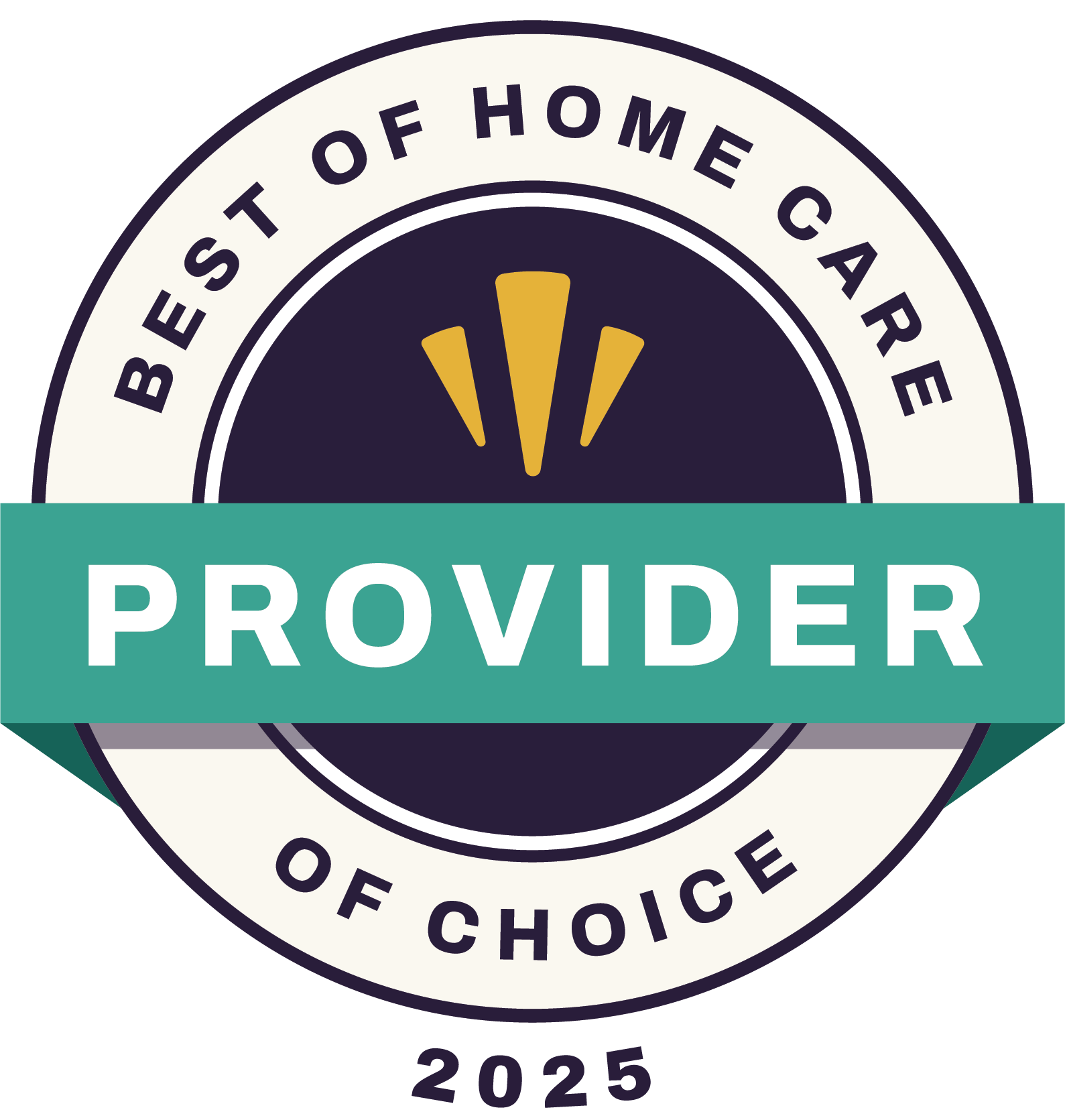Destigmatizing Brain Injuries: National Brain Injury Awareness Month
Slips and falls, car accidents, or a traumatic event affecting the head could lead to a Traumatic Brain Injury. The CDC estimates that approximately 1.7 million people sustain traumatic brain injuries annually, with 52,000 losing their lives and another 275,000 hospitalized.
Brain injuries may also be acquired, meaning that the patient has lived with the condition since birth. The acquired brain injury may be due to an accident, tumor, or stroke during pregnancy.
The effects of both traumatic and acquired brain injury are often similar, but there are differences in treating and coping with the conditions. Some common types of brain injuries include:
- Meningitis: a bacterial, fungal, or viral infection that inflames the protective membranes lining the brain
- Hydrocephalus: caused by a buildup of fluid inside the skull, increasing pressure and damaging the brain.
- Hypoxic and anoxic brain injury caused by oxygen supply interruption, disturbing the brain's functioning and causing irreversible damage
- Encephalitis or inflammation of the brain resulting from infections
- Carbon monoxide poisoning, leading to hypoxic brain injury
- A brain tumor or an abnormal tissue mass inside the skull resulting from an abnormally high cell division rate.
- Brain hemorrhage or bleeding: occurs around the brain due to a ruptured aneurysm or hemorrhagic stroke, or a blow to the head
- Stroke: caused by disruption of blood supply to part of the brain.
- Brain aneurysm: occurs when the wall of an artery becomes weak, causing it to swell like a blister.
Removing the Stigma Behind Brain Injuries
Studies around brain injury have found that people with these conditions often undergo stigmatization and social isolation. A brain injury survivor may undergo many years with good and bad days alike, where they're perfectly fine one day and mentally and physically worn out the next. In addition to experiencing stigma from friends and family, they may also struggle with low self-esteem.
That is why the National Brain Injury Awareness Month seeks to alert the public about brain injury to remove the stigma associated with the condition. The Brain Injury Association of America (BIAA) has the mandate to lead the nation in celebrating the occasion every year in March. The 2021 to 2023 campaign theme is "More than My Brain Injury."
The campaign enables individuals to overcome the definitions associated with brain injury. It allows them room to tell their stories and take charge in changing their narrative. As such, participants should:
- Engage actively
- Get another perspective
- Learn and understand the facts
- Speak out
- Join other activists, survivors, lawmakers, professionals, and caretakers in ending brain injury stigma
Providing Support for Brain Injury Survivors
When people suffer brain injuries, finding resources for their healthcare needs is often challenging. They also have difficulty expressing their feelings about recovery or connecting with others who understand their experience.
Recovery from a brain injury can take months or years, which spells the importance of providing much-needed support to people with brain injuries. It's also crucial to understand their needs, which goes a long way in improving their outcomes for the future.
Elite Home Health Care is an excellent place to find the care and support you need for brain injuries. We facilitate access to NY State's Medicaid's TBI waiver program for individuals with traumatic brain injury or stroke who want to recover safely at home and take part in their care decisions.
We also have a Nursing Home Transition and Diversion Medicaid Waiver program to allow participants to coordinate their long-term care in a private residence. You or your loved one may participate in the service plan and care for holistic health, wellness, safety, and integration into the community. Contact us today to schedule a consultation.
Written by: Leah Ganz
Leah Ganz, RN, BSN is the Director of Patient Services at Elite Home Health Care. She has an extensive background in homecare and previously worked in various specialties including pediatrics, pain management and internal medicine. She oversees all patient services across Elite's departments.



